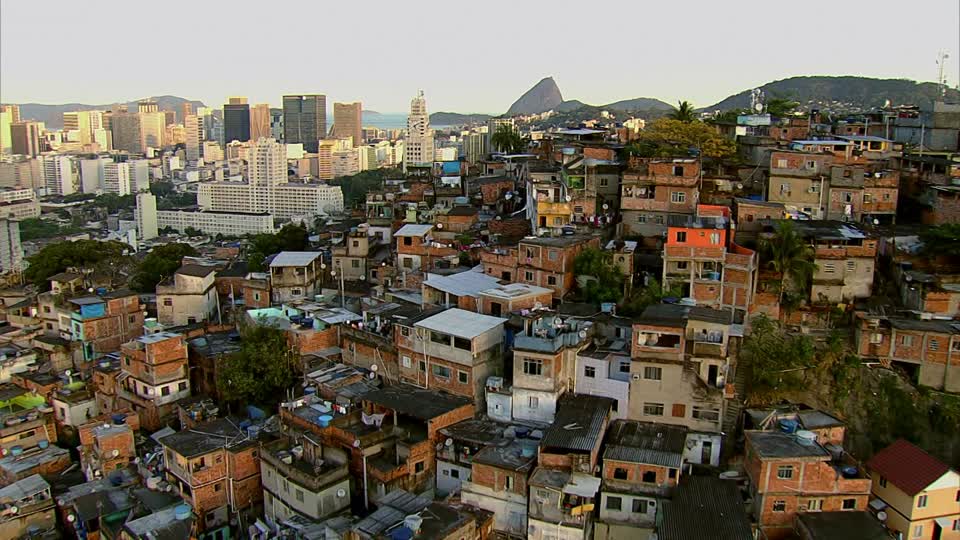What will our future look like?

Ideas we have been told, rule the world. Some ideas could start as being ridiculous or laughable, and then they become global success stories. Like electricity, like rail travel, like air travel, and Facebook, and Twitter, they all started as abstract ideas in the heads of some folks with unusual thoughts. Sometimes, I would marvel at the 21st century leaps of technology and would wonder how we had been able to fare for so long without them. Ideas come as answers to questions raised with the intention of solving problems.
So far, those with the view that ideas are the most desirable vehicles of every progressive change shy away from the way ideas could cause pain and retrogression. Yes, ideas do not just build the world; they could ruin things.
Like Adolf Hitler’s idea that harmed millions of Jews; and that idea on increasing agricultural productivity that became the transatlantic slave trade; and that idea of a glorious rewarding world beyond that makes people strap bombs in their bodies to kill and maim. And so many more.
Recently, I saw an old classmate in a crowded Lagos street. I had not seen him for almost a decade, so great was my joy when I met him again. After all the “ohs” and the “ahs” and the teeth showing, I asked him what he was doing for a living. “Online persuasion” was his reply with a chuckle after looking around as if he wanted to tell a secret. I was tempted to ask him what “online persuasion” was, but I immediately remembered those emails about a dead dictator with loot stashed in some back account.
Now let’s talk about some good ideas: democracy, civilisation, freedom.
What is democracy? That idea with many faces; like its face in Britain, and its face in the United States of America, and its face in Zimbabwe; and in some “democracies” where fathers hand over power to their sons.
What about civilisation? Colonialism came because Europe loved some distant lands so much that it wanted their “savages” civilised. The Aborigines of Australia needed to become European to be “civilised”. Belgian king Leopold II wanted to civilise the savages in Congo so he cut off their hands and killed them in millions.
Freedom: What is freedom exactly? Freedom of choice? Freedom to be who I am? What if I wanted to be an online persuader like my old classmate? What if a paedophile were born that way? What if I wanted to defecate behind a tree in Sandton, South Africa? What if I wanted to take a boat ride across the strait of Gibraltar into Europe? Why can’t I be free?
One thing about ideas or good ideas is that they are abstractions whose workings would depend on the humanity behind the working. To talk about ideas without talking about morality is like talking about a good invention without talking about who gets to use it.
So what will a civilised Africa look like? What if we all spoke model C English? What if the slums of Kenya’s Kibera, Lagos’ Ajegunle and Johannesburg’s Alexandra turned to glass and steel skyscrapers or neighbourhoods with white picket fences?
Are we civilised when all the forests become towns and cities? When all the wild animals are gone? When we all have gadgets imported from Europe and Asia? When we start making these gadgets?
What if we all ignore rural agriculture and leave for the cities to take white collar jobs, so that we can wear good suits and live like in the Hollywood movies?
Would Africa become like those nations where neighbours ignore each other and go about like humanoid robots?
There are ideas of civilisation that have been shoved down our throats by various oppressive systems. But what ideas of civilisation rule our world as it is now? There are questions we have been ignoring for so long; we have answers to find so that we will not be complaining about what our parents, grandparents and great grand parents complained about.
We have to get rid of the illusion that the passage of time will heal all wounds, that we will get better with time; that we are on the right track. If we are not on the right track our wishful thinking will not change our course; only strategic purposeful thinking will.
Haiti is the oldest nation to gain independence from colonialists. That country is over two hundred years old, but is not any better than Botswana. Liberia is over a hundred years old, but Ghana has a better success story than old Liberia.
We need to face our challenges with sincerity and with determination to get solutions against all odds.
In what ways are Africans setting the agenda in terms of their future and identity? The answer, as that pop star sang, is “blowing in the wind”.
* Feyisayo Anjorin writes from Lagos, Nigeria.

